Introduction

Understanding Galvanized Steel Properties
Galvanized steel is essentially carbon steel that has been coated with zinc to prevent corrosion. This process not only enhances its durability but also influences its electrical properties. As we delve into whether **is galvanised steel a good conductor of electricity**, it's essential to grasp these foundational characteristics that make this material popular in construction and infrastructure.
The Mystery of Electrical Conductivity
Electrical conductivity refers to a material's ability to conduct an electric current, which raises the question: **what is the conductivity of galvanized steel?** While copper and aluminum are well-known conductors, galvanized steel presents a unique case due to its zinc coating. This coating can lead to some confusion about whether **can galvanized steel be electrified**, hence sparking curiosity about its performance in electrical systems.
Why This Matters for Your Projects
Understanding if **galvanized steel wire conducts electricity** is vital for anyone working on projects involving electrical installations or fencing systems. Knowing how materials interact can prevent costly mistakes and ensure safety in your designs. Additionally, comparing **galvanized steel vs aluminum** helps you make informed decisions based on strength, durability, and conductivity tailored to your specific needs.
What is Galvanized Steel?
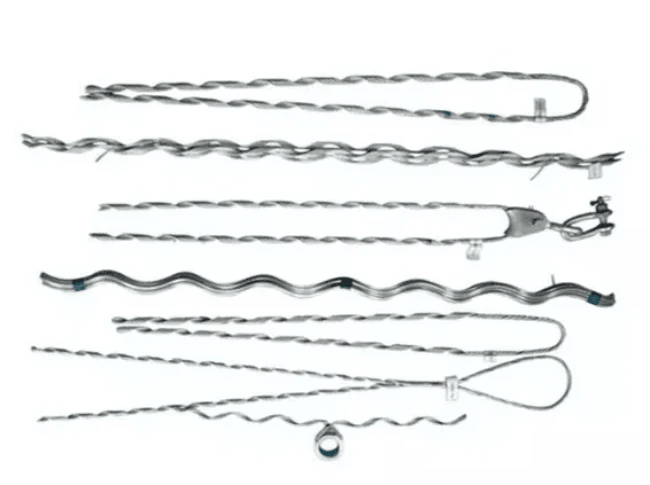
Galvanized steel is a form of steel that has been coated with a layer of zinc to protect it from corrosion. This process not only enhances its durability but also contributes to its unique properties, making it suitable for various applications. Understanding the fundamentals of galvanized steel will help you answer questions like, Is galvanized steel conductive? and What is the conductivity of galvanized steel?
The Process of Galvanization
The process of galvanization involves immersing clean steel in molten zinc or applying a zinc coating through electroplating. This creates a protective barrier that prevents rust and extends the lifespan of the metal significantly. It’s essential to know that while this process enhances durability, it also raises questions about electrical conductivity, such as Is galvanised steel a good conductor of electricity?
Common Uses of Galvanized Steel
Galvanized steel finds its way into numerous applications due to its resistance to corrosion and strength. You’ll often see it used in construction materials, automotive parts, and even electrical fittings—leading some to wonder if galvanized steel can be electrified or if it conducts electricity at all. Its versatility makes it an excellent choice for projects requiring both strength and longevity.
Key Properties of Galvanized Steel
The key properties of galvanized steel include high tensile strength, resistance to rust, and relatively low cost compared to other materials like copper or aluminum. While many people ask, Does galvanized steel wire conduct electricity? it's important to note that while it's not as conductive as copper, it still has some level of conductivity worth considering for specific applications. When comparing galvanized steel vs aluminum, one should take into account factors like weight, cost-effectiveness, and overall performance in electrical systems.
Is Galvanized Steel Conductive?
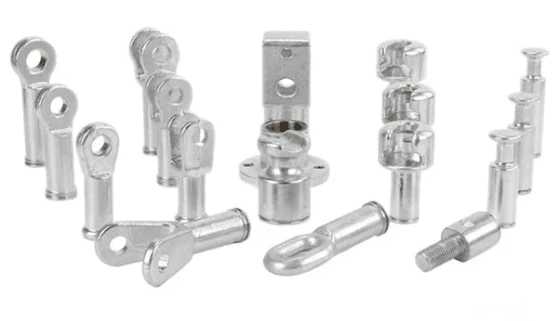
When discussing whether galvanized steel is conductive, it’s essential to understand its properties and how they compare to other metals. While galvanized steel does conduct electricity, its effectiveness as a conductor is significantly lower than that of more traditional materials like copper. This leads us to explore the nuances of electrical conductivity in galvanized steel and its implications for various applications.
Exploring Electrical Conductivity
So, is galvanized steel conductive? The short answer is yes, but with a caveat. Galvanized steel has a layer of zinc coating that primarily protects it from corrosion; however, this layer also affects its electrical conductivity. The conductivity of galvanized steel is generally lower than that of pure steel due to the presence of zinc, which can impede electron flow—making it less effective for high-conductivity applications.
When considering what the conductivity of galvanized steel actually is, it's important to note that while it can carry an electrical current, it does so at a fraction of the efficiency seen in metals like copper or aluminum. Consequently, if you're looking for materials that will efficiently transfer electricity with minimal resistance, you might want to think twice before choosing galvanized steel over better conductors.
Comparing Galvanized Steel to Copper
Now let’s dive into comparing galvanized steel to copper when discussing electrical conductivity. Copper is widely recognized as one of the best conductors out there; in fact, it's often used as the gold standard for measuring conductivity levels in other materials. In contrast, while asking if galvanised steel is a good conductor of electricity might yield an affirmative answer, it's crucial to recognize that it doesn’t hold a candle to copper's performance.
For instance, if you were pondering whether galvanized steel can be electrified efficiently in an electrical system designed for optimal performance—think again! Using copper would provide far superior results compared to using galvanized alternatives due solely to their inherent properties and structure.
Practical Applications in Electrical Work
In practical terms, knowing whether galvanised steel wire conducts electricity or not influences how we approach various projects involving electrical work. For example, while some may use galvanized wire for fencing or grounding purposes due to its rust-resistant qualities and affordability, relying on it solely for electrical connections could lead you astray if you're not careful about your project's requirements.
Moreover, when considering whether can galvanized steel and copper touch within an electrical system—it's essential also to think about potential corrosion issues between differing metals under certain conditions. Best practices suggest using appropriate connectors or coatings whenever these two metals interact; otherwise you could find yourself facing unexpected maintenance down the line!
What is the Conductivity of Galvanized Steel?
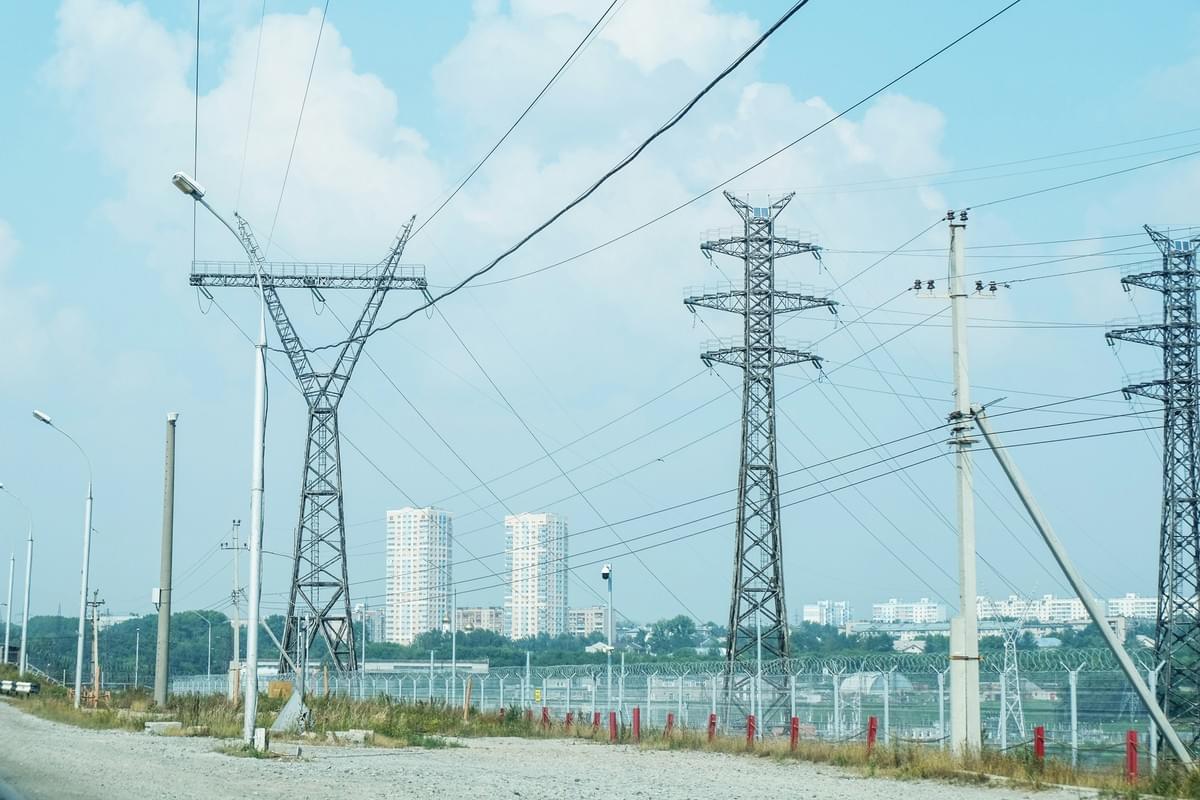
When exploring whether galvanized steel is conductive, it’s essential to understand how its conductivity compares to other metals. Galvanized steel, which is essentially steel coated with a layer of zinc, does possess some level of electrical conductivity. However, it falls short when compared to more traditional conductors like copper or aluminum.
Measuring Conductivity Levels
To answer the question, What is the conductivity of galvanized steel? we need to look at specific measurements. The electrical conductivity of galvanized steel typically ranges from 10% to 30% that of copper. While this means it can conduct electricity, it's not nearly as efficient as copper or even aluminum; therefore, if you're considering using galvanized steel for electrical applications, be mindful of its limitations.
Factors Influencing Conductivity
Several factors can influence whether galvanized steel can be electrified effectively in your projects. The thickness and quality of the zinc coating play a significant role; thicker coatings may offer less conductivity due to increased resistance. Additionally, temperature and environmental factors can also affect how well galvanized steel conducts electricity—higher temperatures generally improve conductivity but may also lead to corrosion concerns when in contact with other metals.
Implications for Electrical Systems
Understanding if galvanized steel is conductive has significant implications for electrical systems design and implementation. While you might find that galvanized steel wire conducts electricity adequately for certain applications—like fencing—it may not be suitable for high-performance electrical tasks where efficiency is crucial. If you're contemplating whether can galvanized steel and copper touch, it's worth noting that such connections require careful consideration due to potential corrosion issues over time.
Can Galvanized Steel and Copper Touch?

When it comes to the interaction between metals, particularly galvanized steel and copper, there are a few things to consider. While both materials serve distinct purposes in construction and electrical applications, their compatibility can raise questions. So, is galvanized steel conductive enough to be paired with copper without causing issues? Let’s dive into this metallic mash-up!
Understanding Metal Interactions
The interaction between different metals can lead to various outcomes based on their properties. When we ask, Is galvanised steel a good conductor of electricity? it's essential to understand that while galvanized steel does conduct electricity, it's not nearly as efficient as copper. This difference in conductivity means that when these two metals touch or are used together in an electrical system, the performance may vary significantly.
Moreover, when considering What is the conductivity of galvanized steel?, one must remember that its primary purpose is not electrical conduction but rather corrosion resistance and structural strength. Therefore, while they can touch without immediate concern for short-circuiting, you might want to think twice about long-term implications on performance and reliability.
Preventing Corrosion Between Metals
One major concern when asking if galvanized steel and copper can touch involves corrosion—a sneaky enemy of metal longevity! When these two metals come into contact with each other in the presence of moisture or electrolytes, galvanic corrosion can occur due to their differing electrochemical properties. Essentially, this means that one metal could corrode faster than the other; typically, it’s the galvanized steel that suffers.
To mitigate this risk effectively, using protective barriers like insulating coatings or grommets between the two metals is advisable. This ensures that even if you’re questioning whether can galvanized steel be electrified?—the answer remains positive without compromising material integrity over time.
Best Practices for Electrical Connections
When making connections involving both galvanized steel and copper—whether you're wiring up an electric fence or constructing infrastructure—best practices are key! First off, ensure all connections are clean and free from oxidation before joining them together; this helps maintain conductivity levels for both materials involved.
Furthermore, consider using connectors specifically designed for mixed metal applications; they often contain features that prevent corrosion while ensuring a solid electrical connection. Lastly, always check your local building codes regarding Does Galvanized Steel Wire Conduct Electricity? since regulations may dictate how these materials should interact in your projects.
In conclusion, while it’s technically possible for galvanized steel and copper to touch without immediate consequences—understanding their interactions is crucial for long-term success in your projects!
Galvanized Steel vs Aluminum
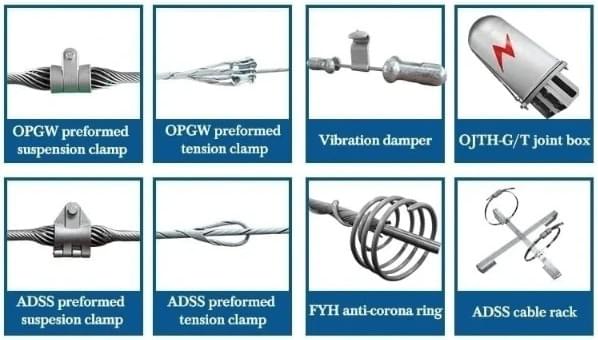
When it comes to choosing materials for electrical applications, understanding the differences between galvanized steel and aluminum is essential. Both materials have unique properties that can significantly impact performance, especially in terms of conductivity and durability. So, let’s dive into the nitty-gritty of these two contenders and see how they stack up against each other.
Conductivity Comparison
Is galvanized steel conductive? The short answer is yes, but not nearly as well as aluminum or copper. While galvanized steel does exhibit some level of electrical conductivity, it falls short when compared to aluminum's superior conductive properties. In fact, if you’re asking yourself, “Is galvanised steel a good conductor of electricity?” you might want to consider alternatives like aluminum if high conductivity is a priority for your project.
When measuring the conductivity of galvanized steel, it's important to note that its zinc coating can affect performance. This means that while galvanized steel wire conducts electricity better than many other metals like stainless steel or iron, it still lags behind pure aluminum in efficiency. Therefore, if your application requires significant electrical flow, you might find yourself wondering: “What is the conductivity of galvanized steel?” It’s crucial to evaluate these factors before making your material choice.
Strength and Durability Differences
When comparing galvanized steel vs aluminum in terms of strength and durability, the scales tip differently depending on what you're looking for. Galvanized steel boasts impressive tensile strength and resistance to deformation under load due to its robust iron foundation. However, while it holds up well in structural applications and outdoor environments due to its corrosion-resistant coating, it may not be as lightweight as aluminum.
Aluminum shines when it comes to weight-to-strength ratio; it's lighter yet still incredibly strong for various applications. This makes aluminum an appealing choice for projects where reducing weight without sacrificing strength is essential—think aircraft or automotive components! So while both materials have their strengths in durability and resilience against environmental factors like rust or corrosion, your specific needs will dictate which material reigns supreme.
Choosing the Right Material for Your Needs
In deciding between galvanized steel and aluminum for your next project, consider what you prioritize most: electrical conductivity or structural integrity? If you're focused on electrical applications where high conductivity matters—perhaps wiring or connections—you may find yourself leaning towards aluminum instead of asking if can galvanized steel be electrified? While yes—it can be electrified—the efficiency may not meet your expectations compared with aluminum options.
Moreover, think about whether you're working with mixed metals; questions like Can galvanized steel and copper touch? arise frequently in mixed-material projects due to potential corrosion issues at contact points. Understanding these interactions can help prevent problems down the line! Ultimately, by weighing all these factors—including whether “Does Galvanized Steel Wire Conduct Electricity?”—you'll make an informed decision tailored just right for your project's requirements.
Applications of Galvanized Steel Wire

Galvanized steel wire is a versatile material that finds its way into various applications, especially where durability and resistance to corrosion are paramount. Its properties raise an intriguing question: **is galvanized steel conductive**? Understanding its conductivity helps clarify its suitability for different uses.
Use in Electrical Fencing
One of the most common applications of galvanized steel wire is in electrical fencing. The question Is galvanised steel a good conductor of electricity? often arises among those considering it for this purpose. While galvanized steel does conduct electricity, it’s not as efficient as copper, making it ideal for fencing that requires some level of electrical deterrent without needing high conductivity.
In electrical fencing, the galvanization process adds a layer of protection against rust and corrosion, which is essential for outdoor installations. This means that while **galvanized steel wire conducts electricity**, it also maintains its strength and longevity over time, ensuring that your fencing remains functional and effective. So yes, you can electrify galvanized steel fences; just remember to monitor their conductivity levels regularly!
Role in Spark Fittings’ Armor Rods
Galvanized steel wire also plays a crucial role in spark fittings’ armor rods used in overhead power lines. In this context, you might wonder: **what is the conductivity of galvanized steel** compared to other materials? Although it's not as conductive as copper or aluminum, its strength and resistance to environmental factors make it an excellent choice for protecting sensitive components.
These armor rods protect cables from mechanical damage while preventing corrosion—a significant advantage when dealing with outdoor elements. The ability to withstand harsh conditions while still providing some level of conductivity makes galvanized steel a preferred choice in many utility applications. So when considering if **galvanized steel can be electrified**, the answer is yes; just ensure it's used appropriately within the system's design.
Advantages in Construction and Infrastructure
In construction and infrastructure projects, **does galvanized steel wire conduct electricity** effectively enough to be useful? While it may not compete with copper or aluminum regarding raw conductivity, its benefits go beyond mere electrical properties. Galvanized steel offers exceptional strength-to-weight ratios along with resistance to rusting—ideal traits for structural applications.
Moreover, when comparing **galvanized steel vs aluminum**, you'll find that both materials have unique advantages depending on the project’s requirements. Galvanized steel tends to be stronger than aluminum but heavier; however, its ability to resist corrosion makes it more suitable for long-lasting infrastructure solutions like bridges or buildings exposed to moisture or varying weather conditions. Thus, using galvanized steel wire not only enhances structural integrity but also ensures longevity against environmental challenges.
Conclusion
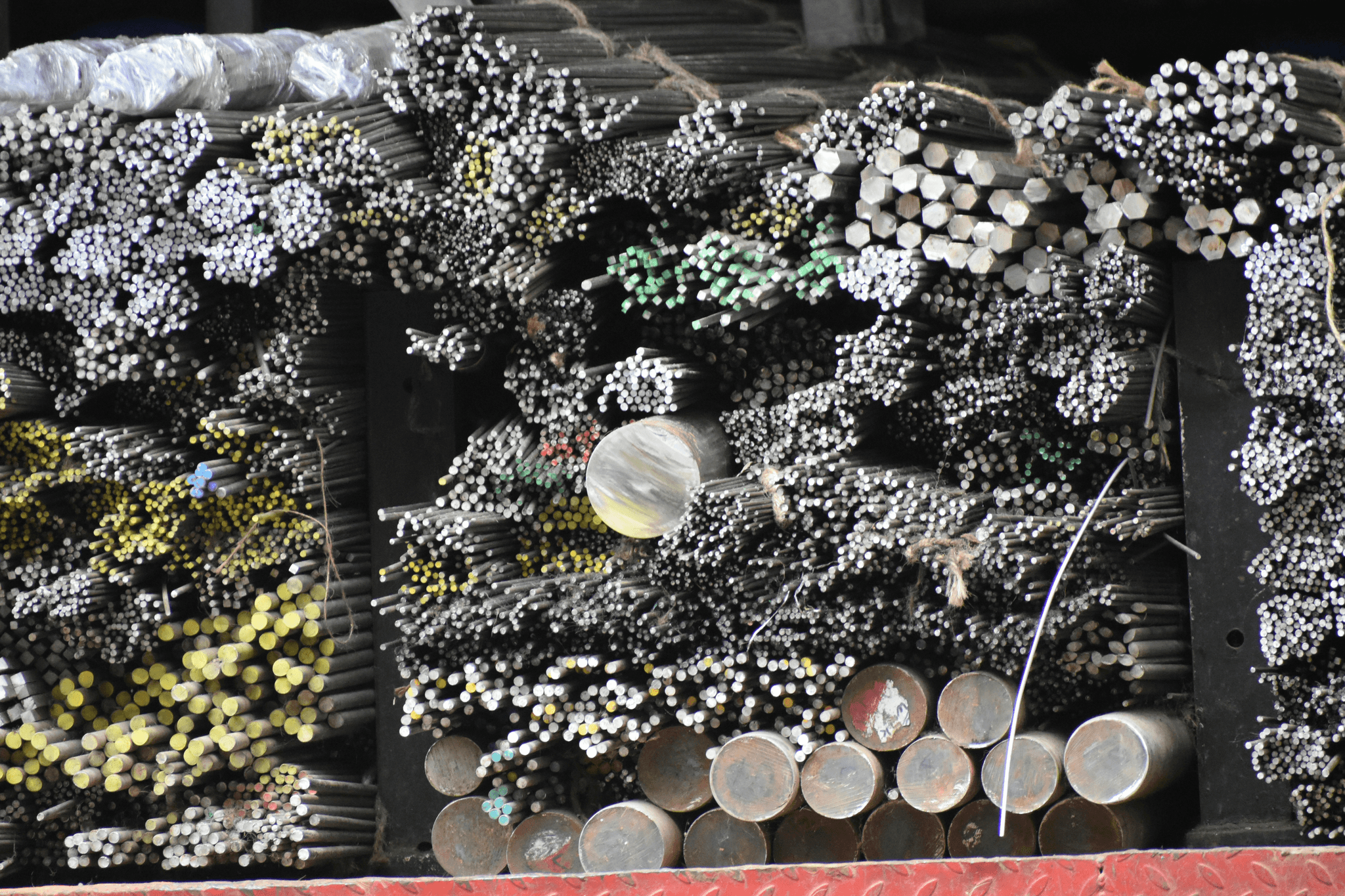
In wrapping up our exploration of galvanized steel and its electrical properties, it's essential to address the burning question: is galvanized steel conductive? While it does possess some level of conductivity, it falls short when compared to metals like copper. So, while galvanized steel can conduct electricity, it’s not exactly the go-to choice for high-performance electrical applications.
Recap: Is Galvanized Steel Conductive?
To answer the question, Is galvanised steel a good conductor of electricity? we must consider its composition and treatment process. Galvanized steel is coated with a layer of zinc, which provides corrosion resistance but also impacts its conductivity. Ultimately, while galvanized steel can be electrified and has some conductive properties, it is not as effective as other materials like copper or aluminum.
Key Takeaways on Conductivity
When pondering What is the conductivity of galvanized steel?, keep in mind that its conductivity is significantly lower than that of pure metals such as copper or even aluminum. This means that if you’re planning on using galvanized steel in electrical work, you should be aware of its limitations. Moreover, questions like Can galvanized steel and copper touch? arise due to concerns about corrosion; understanding metal interactions is crucial for maintaining integrity in your projects.
Making Informed Choices for Your Projects
As you move forward with your projects, consider whether galvanized steel meets your needs or if alternatives like aluminum might serve you better—especially when considering the Galvanized Steel vs Aluminum debate regarding conductivity and durability. Remember that while Does Galvanized Steel Wire Conduct Electricity? may yield a yes answer, the extent to which it does so may not suffice for every application. Ultimately, making informed choices based on these insights will help ensure successful outcomes in your electrical ventures.

